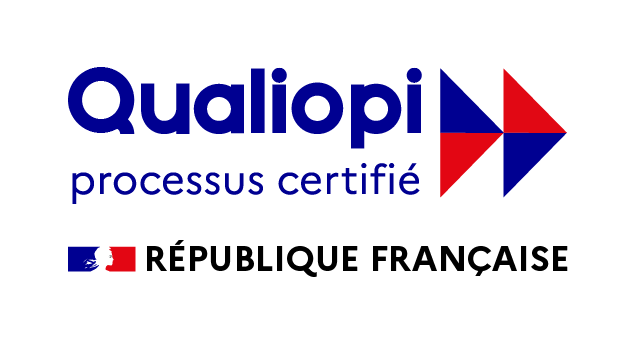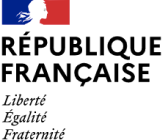The training market is extremely diverse in France, with more than 75,000 training organisations, leading to inconsistent quality of practices.
![The Loi Avenir Professionnel [Professional Future Law]: the Quality requirement](https://sitefc-preprod.francecompetences.fr/app/uploads/2019/11/iStock-1127866562.jpg)
Sommaire
The new high-quality qualifications system

A certification obligation for training providers
Following the interprofessional agreement of December 2013, lawmakers to bring practices in line with law no. 2014-288 relating to vocational training, employment and social dialogue, by establishing quality criteria which backers had to ensure were complied with by training organisations.
The law of 5 September 2018 went further by creating a certification obligation on training providers in order for them to be eligible to receive vocational training funds from skills operators, regional inter-professional joint committees, the government, regional authorities, Pôle Emploi [French unemployment agency] and AGEFIPH [Management Association of the Fund for the Professional Integration of Disabled People].
In practice, all training providers (whether in the context of skills development actions, skills assessments, VAE [Validation of Prior Experience] or apprenticeship training actions) must be certified from 1 January 2022 (postponed from 1 January 2021). This deadline was postponed by an ordinance passed on 1 April as part of the health emergency law to deal with the Covid-19 pandemic.
This certification of training organisations will be issued by a professional and independent certifier, accredited by a national body, Cofrac [French Accreditation Committee] and, in certain specific situations, by a labelling body recognised by France compétences.
“Qualiopi”: the new quality certification mark for training service providers

Certify the quality of the process implemented
The purpose of the Qualiopi mark, which is registered with the INPI [French National Institute of Industrial Property] is to certify the quality of the process implemented by providers contributing to skills development, whether in the context of training actions, skills assessments, validation of prior experience or apprenticeship training.
This mark can be issued by qualification bodies selected by Cofrac [French Accreditation Committee] in accordance with the national quality standard.
The law also allows this qualification to be issued by a labelling body recognised by France compétences for a period of three years. That recognition method is also based on the single national standard.
« L’EXIGENCE QUALITÉ » DANS LA FORMATION EN BREF
Seven criteria and 32 indicators
The decree of 6 June 2019 sets out the content of the national quality standard that will serve as basis for vocational training providers to construct their quality approach in order to obtain the certification required from 1 January 2021.
The national quality standard is organised around seven criteria linked to 22 indicators that apply to all providers (common core), to which are added 10 indicators specific to apprenticeship or training leading to qualifications.
According to the decree, the criteria to be met by providers are:
- The conditions for informing the public about the services offered, the time limits for accessing them and the results obtained
- Precise identification of the objectives of the services offered and adaptation of those services to target recipients when designing the services
- Adaptation to target recipients of services and reception, support, monitoring and assessment procedures
- That the educational, technical and supervision methods are adequate for the services implemented
- The qualification and development of the knowledge and skills of the staff responsible for implementing the services
- The service provider’s involvement and investment in its professional environment
- Collection and taking into account of feedback and complaints from stakeholders in the services provided
A reading grid to construct a genuine quality approach
This gives training organisations, apprenticeship training centres and other corporate universities a framework for constructing their quality approach. The certification bodies will be able to audit them on this basis, once they have obtained their accreditation, in order to issue them with the certification required from 1 January 2022.
Brief history of the “quality requirement” in training

Further information
Sur le même sujet











